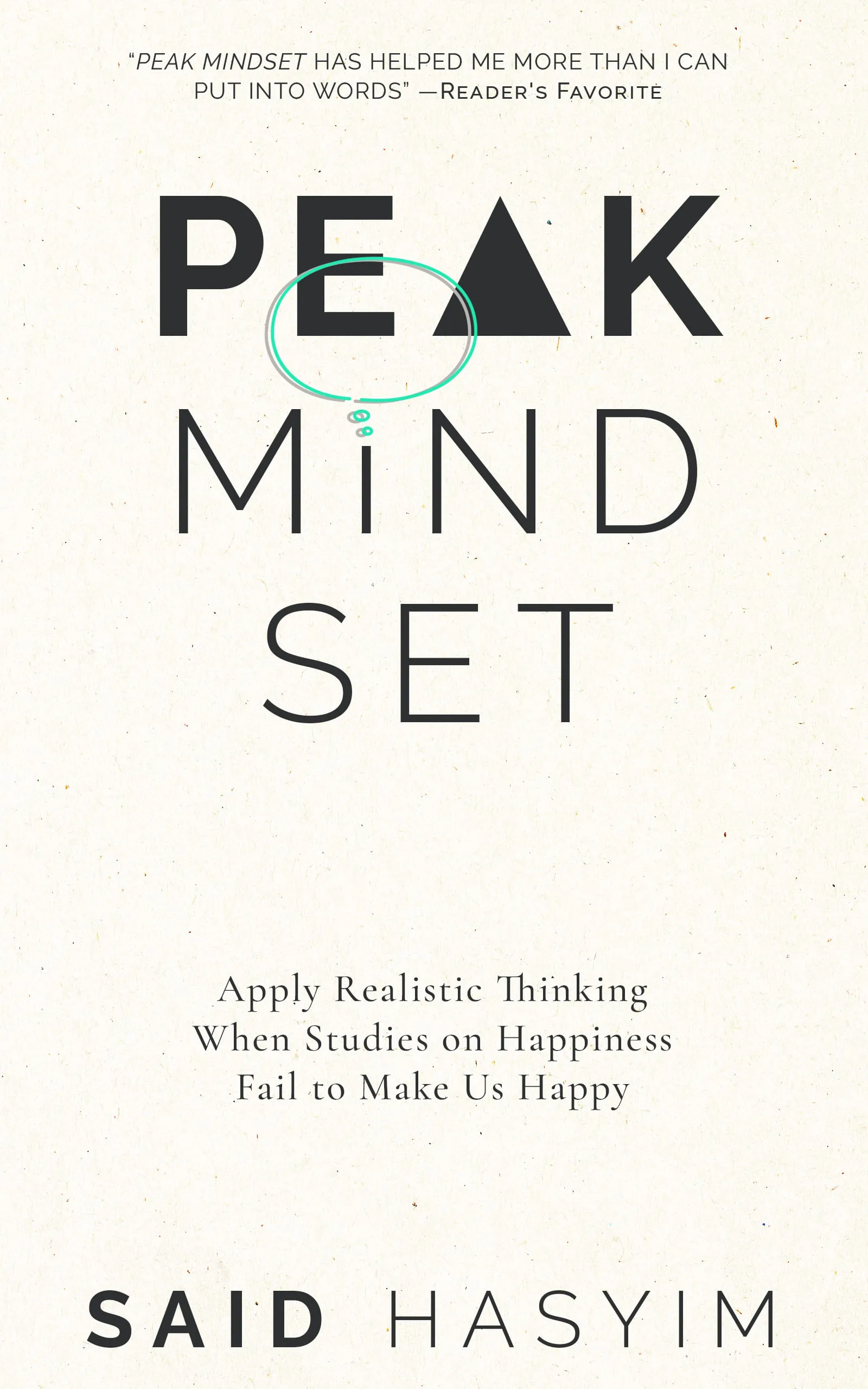How to Stay Grounded Amidst Unrealistic Expectations
In today's fast-paced world, it's all too easy to feel overwhelmed by the weight of unrealistic expectations. Whether they're self-imposed, societal, or coming from our workplaces, these expectations can leave us feeling frazzled, inadequate, and unworthy. But amidst the pressures and challenges, staying grounded is not just important—it's essential for our mental well-being. In this blog post, we'll explore practical strategies to navigate these expectations while maintaining a sense of balance and reality.
Understanding Expectations
What Are Unrealistic Expectations?
Unrealistic expectations are beliefs or anticipations about what we, or others, should be able to achieve. They often stem from various sources:
- Social Media: The curated lives of others frequently set impossible standards that can lead us to compare ourselves unfavorably.
- Cultural Norms: Certain cultures may place immense pressure on individuals to succeed in specific areas such as education, career, or family life.
- Personal Goals: Sometimes, we fall into the trap of setting goals that do not account for our unique situations, skills, or realities.
The Impact of Unrealistic Expectations
Unrealistic expectations can lead to:
- Stress and Anxiety: Constantly trying to meet unattainable goals can result in chronic stress and anxiety.
- Low Self-Esteem: When we fail to achieve these expectations, our self-worth can take a significant hit, leading to feelings of inadequacy.
- Burnout: The relentless pursuit of perfection can drain our energy and enthusiasm, leading to burnout—both personally and professionally.
Strategies for Staying Grounded
1. Cultivate Self-Compassion
Accept that you are human. Self-compassion involves treating yourself with kindness, especially during challenging times. Instead of berating yourself for falling short, recognize your efforts and remind yourself that everyone makes mistakes. Practices to enhance self-compassion include:
- Positive Affirmations: Create a list of affirmations that challenge your critical inner dialogue.
- Journaling: Reflect on your feelings and situations without judgment.
2. Set Realistic Goals
Setting achievable goals is crucial for maintaining mental clarity. Here’s how you can make your goals more realistic:
- SMART Goals: Ensure your goals are Specific, Measurable, Achievable, Relevant, and Time-bound.
- Break It Down: Instead of overwhelming yourself with a large goal, break it into smaller, manageable tasks.
3. Limit Social Media Exposure
Social media can create a distorted reality, making it easy to believe that others have perfect lives. To combat this:
- Take Digital Breaks: Set specific times to disconnect from social media to help mitigate feelings of inadequacy.
- Follow Positivity: Curate your feed by following accounts that inspire and uplift rather than those that induce comparison.
4. Practice Mindfulness
Mindfulness is a powerful tool for staying grounded. By focusing on the present moment, you can reduce anxiety about unmet expectations. Techniques to practice mindfulness include:
- Meditation: Allocate a few minutes each day for meditation to foster a sense of calm.
- Breathing Exercises: Simple breathing techniques can help center your thoughts when feeling overwhelmed.
5. Seek Support
Talk to friends, family, or professionals about your feelings regarding expectations. Engaging in open conversations can help you realize that you're not alone. Building a support network is essential for:
- Perspective: Others can provide insights and alternative views on expectations that you may be struggling with.
- Emotional Relief: Sharing feelings can lighten the emotional burden and allow for collective problem-solving.
6. Practice Gratitude
Focusing on what you have, rather than what you lack, can shift your mindset significantly. Regular gratitude practices can help you appreciate your current situation. Consider these approaches:
- Gratitude Journaling: Write down three things you're grateful for each day.
- Mindful Appreciation: Take a moment to appreciate simple joys in your life, such as a good meal or a pleasant walk.
7. Establish Boundaries
Learning to say no can be one of the most empowering things you can do for yourself. Set clear boundaries that protect your time and energy. This might involve:
- Declining Unreasonable Requests: If an opportunity or commitment feels overwhelming, do not hesitate to turn it down.
- Communicating Your Needs: Be open about your limitations to those around you, whether in your personal or professional life.
8. Reframe Your Mindset
Changing your perspective on success and failure can alter how you approach expectations. Instead of viewing failure as a setback, see it as an opportunity to learn. Techniques to reframe your mindset include:
- Adopting a Growth Mindset: Understand that skills and intelligence can grow with effort and learning.
- Focus on Progress, Not Perfection: Celebrate small achievements instead of fixating on the end goal.
Conclusion
Living in a world filled with unrealistic expectations can be challenging, but it doesn't have to dictate your sense of self-worth and happiness. By cultivating self-compassion, setting realistic goals, practicing mindfulness, and seeking support, you can remain grounded amidst life's pressures. Remember, it’s okay to take a step back and redefine what success means to you. Embrace your authenticity and navigate your own path with grace. Ultimately, we are all works in progress, and that’s perfectly okay.
Leverage Your Mindset for a Fulfilling Life
Explore Peak Mindset, a book to leveraging your subconscious for a more fulfilling life. Gain insights into realistic thinking, money management, and stress resilience to make informed decisions. Discover pitfalls in conventional happiness advice and practical strategies for self-transformation. Unlock your potential and enhance your overall satisfaction.
